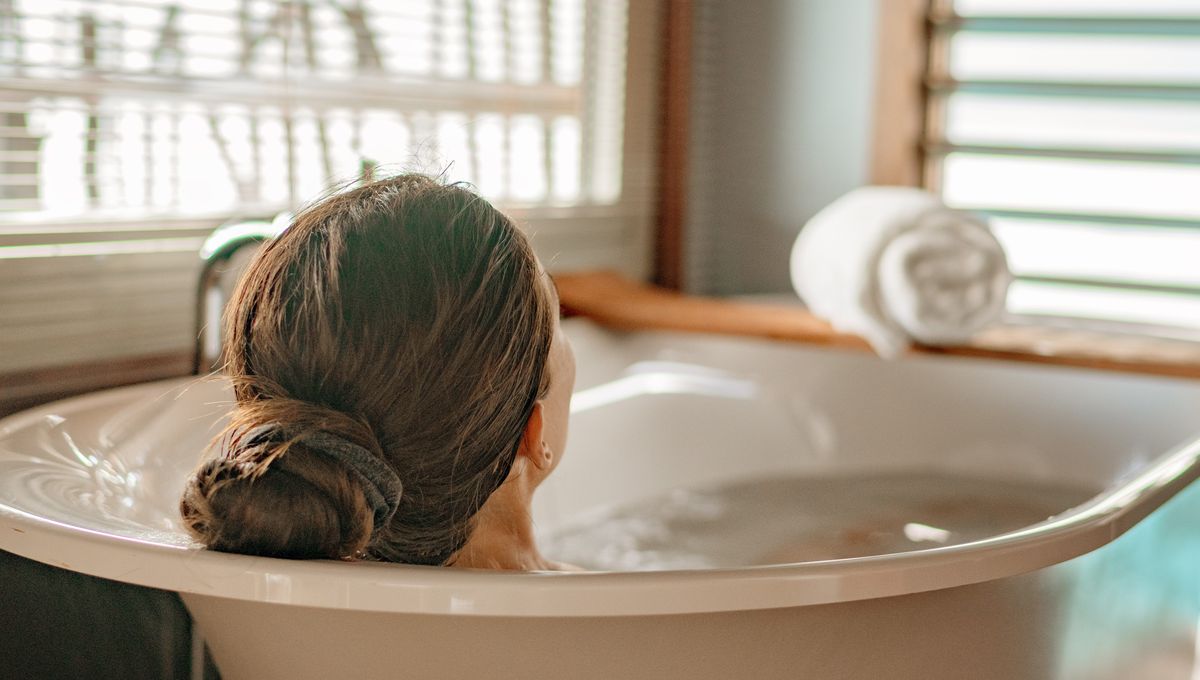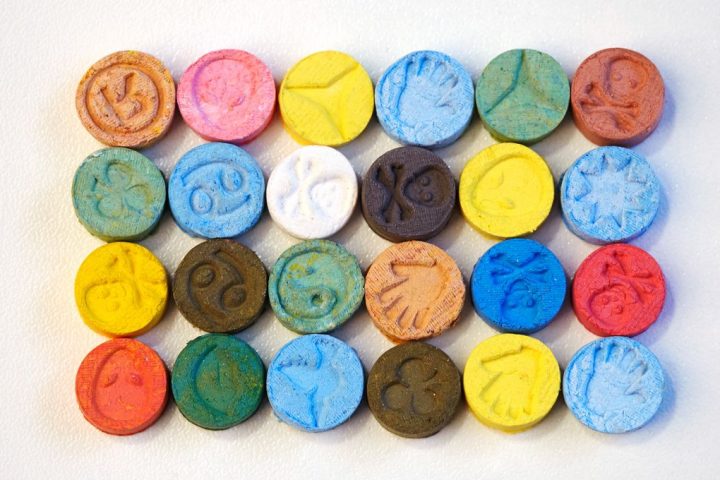Did you know that taking a bath can actually be bad for you? It may sound surprising, but there’s some truth to it. However, don’t worry, it’s not all doom and gloom.
What’s the claim?
When you spend enough time online, you’ll come across all sorts of claims about things being bad for your health. And baths are no exception. Some people argue that indulging in a long, hot bath can cause skin irritation and inflammation, suggesting that cold baths or showers are actually better for you. But how does this fit with the fact that baths have been enjoyed for centuries without causing major skin issues?
Furthermore, there are conflicting claims about the health benefits of hot baths. Some say it’s equivalent to a workout and has numerous positive effects on the body. So, what’s the truth?
Baths: the good
Despite the claims against baths, there are actually many benefits to taking a bath. According to Dr. Amy Zack from the Cleveland Clinic, soaking in a tub has great physical and mental health benefits. It can help reduce anger, stress, anxiety, and depression. Regular baths can also improve sleep and overall well-being. Additionally, bathing cleans the skin, preventing irritation, inflammation, and infections caused by the accumulation of dead skin cells and bacteria.
Recent research even suggests that hot baths, saunas, or hot tubs can have therapeutic effects. They may reduce the risk of cardiovascular disease and have other health benefits.
Baths: the bad
However, there’s a catch. To experience these benefits, you would need specialized equipment and specific water temperatures. Regular hot baths, especially for extended periods, can have downsides, particularly for the skin. Hot water can strip the skin of its natural oils, leading to dehydration, dullness, acne flare-ups, breakouts, and irritation.
According to dermatologists, the outermost layer of the skin, called the epidermis, acts as a protective barrier. Hot water can melt away the fatty lipid layer that keeps our skin moisturized and prevents the entry of harmful substances. While our bodies can replenish this layer, it takes longer as we age.
The optimum bath: 15 minutes and 44°C
So, is there a way to balance the self-care of a hot bath with proper skin care? Yes, there is. Dermatologists recommend limiting bath time to 15 minutes to avoid stripping the skin of its natural oils. Additionally, the water temperature should be warm but not too hot, ideally between 37°C to 43°C (100°F to 110°F). Some experts even suggest a precise temperature of 44.4°C (112°F) for the perfect bath experience.
And for those who claim that cold baths or showers are better for you, the experts disagree. While a cold shower may have its benefits, it ultimately depends on personal preference and tolerance for discomfort.








